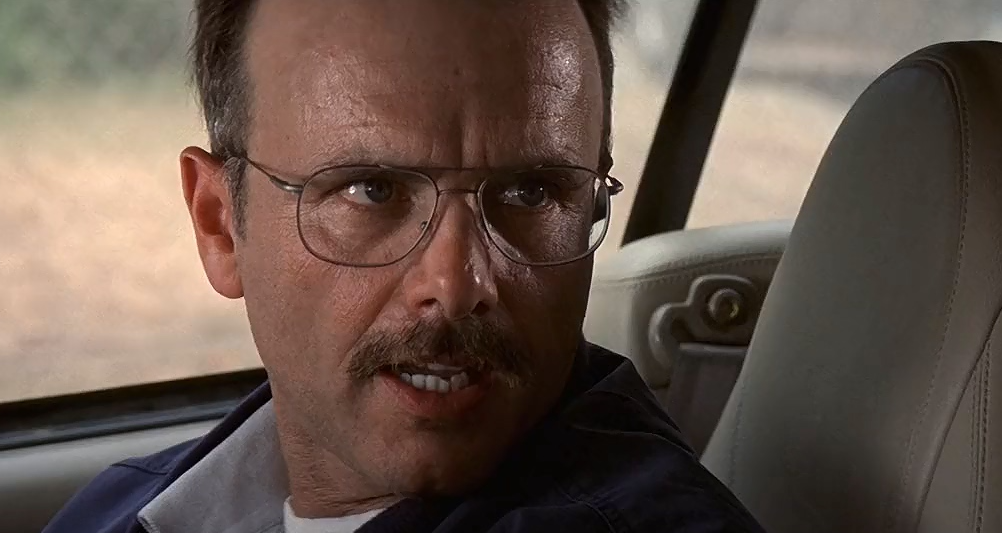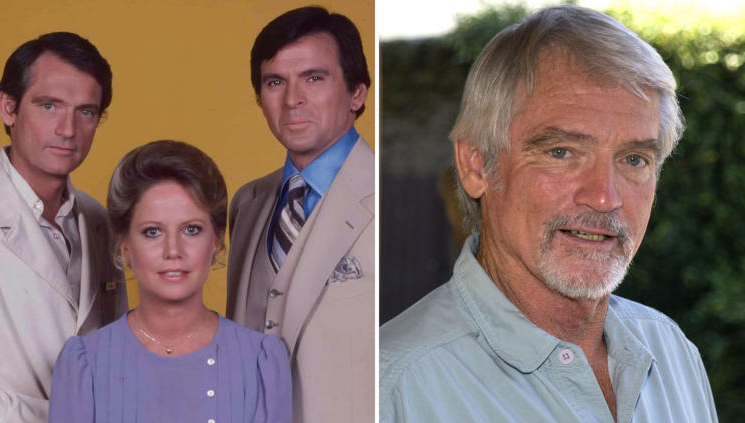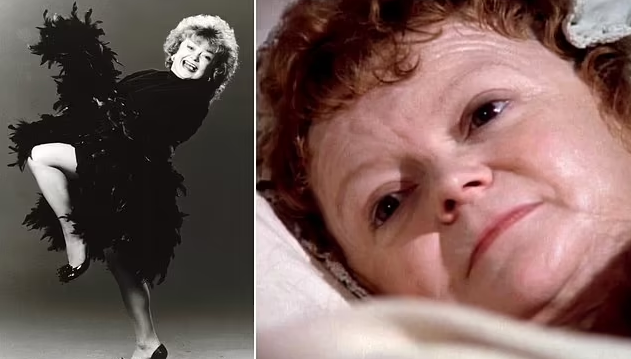Joe Pantoliano Opens Up on Self-Medicating, Alcohol, and His Road to Recovery
Joe Pantoliano, best known for his roles in The Sopranos, The Matrix, and Memento, recently spoke candidly about his decades-long battle with clinical depression. Now 73, the Emmy-winning actor revealed that his mental health struggles nearly destroyed his life before he found a path to recovery through therapy, a twelve-step program, and consistent self-care.
Pantoliano explained that for years, he masked his emotional pain with alcohol and reckless behavior. He described himself as functioning in public but silently suffering in private. “I didn’t understand what was wrong with me,” he said. “I thought it was just part of who I was. But it was depression, and it was real.”
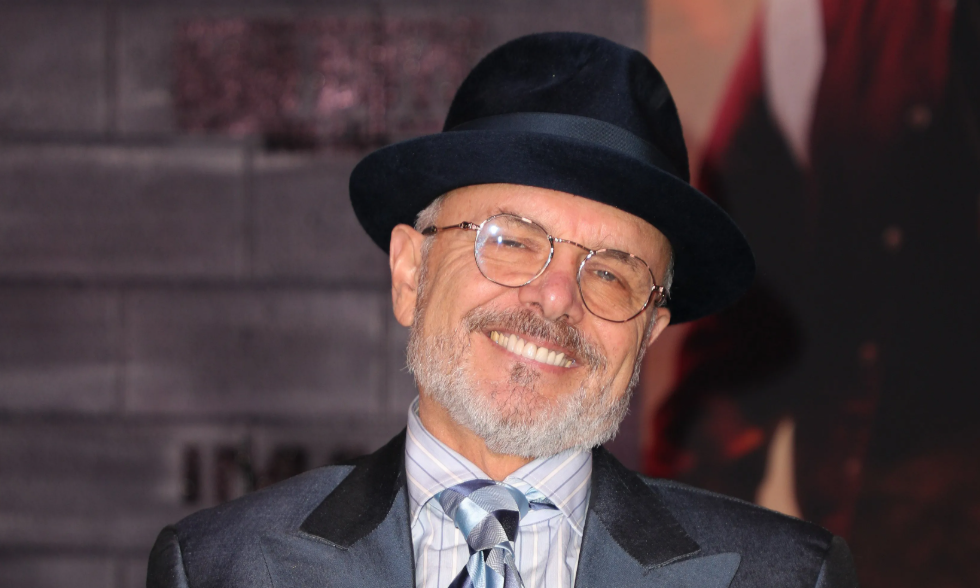
He admitted that the pressure to perform and maintain an image in Hollywood made it difficult to ask for help. Instead, he relied on self-medication and distractions, which only made things worse. “I was spiraling, but I hid it well,” he said. “Eventually, I couldn’t keep up the act.”
Pantoliano’s turning point came when his behavior began to affect his family and career. With encouragement from loved ones, he sought professional help. He entered therapy, joined a twelve-step recovery group, and made lifestyle changes, including daily walks and mindfulness practices.
“Walking became my medicine,” he said. “Just putting one foot in front of the other every day gave me structure, peace, and clarity.”
Now sober and in a healthier place mentally and emotionally, Pantoliano has dedicated much of his time to advocating for mental health awareness. He founded No Kidding? Me Too., a nonprofit organization focused on reducing the stigma surrounding mental illness. The foundation promotes open conversations about emotional well-being, particularly in men, and supports resources for education and recovery.
Through his foundation, Pantoliano speaks at schools, events, and support centers. He shares his personal story to encourage others to seek help early and reminds people that recovery is possible. “Mental illness doesn’t make you weak,” he said. “It means you’re human—and help is out there.”
He also works to educate the public about how depression can appear in different forms. “It’s not always sadness,” Pantoliano explained. “It can be anger, irritability, fatigue, or just feeling numb. Knowing the signs is the first step.”
Fans and fellow actors have praised Pantoliano for his honesty and ongoing work in mental health advocacy. Many have said his story helps break the silence around depression and addiction in the entertainment industry.
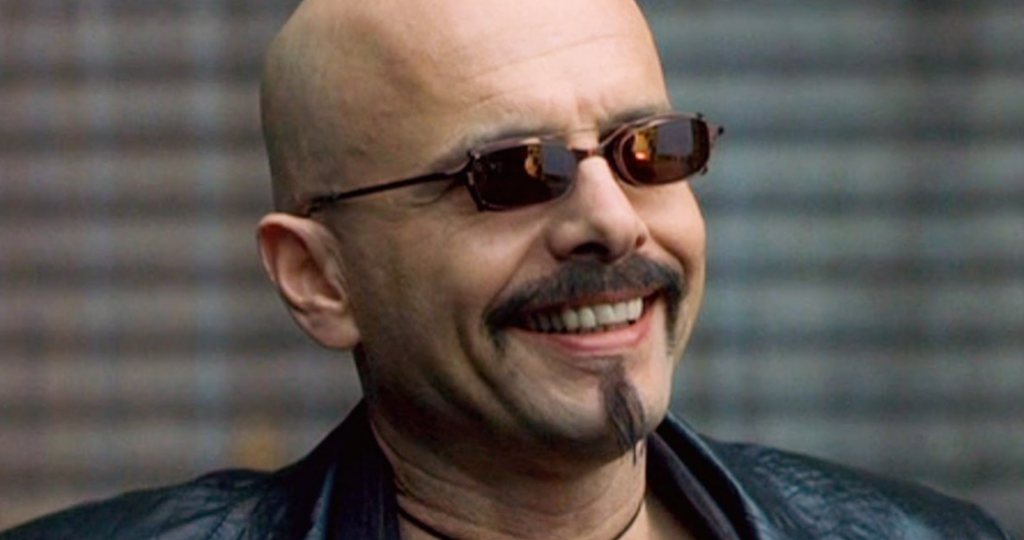
While he continues to act in selective film and television roles, Pantoliano now prioritizes balance and well-being. He credits his ongoing recovery to consistent self-work, strong support systems, and faith in the process of healing.
Joe Pantoliano’s journey from despair to purpose shows that recovery is possible at any age. His message is simple but powerful: there is no shame in struggling, and no one should face mental illness alone.

